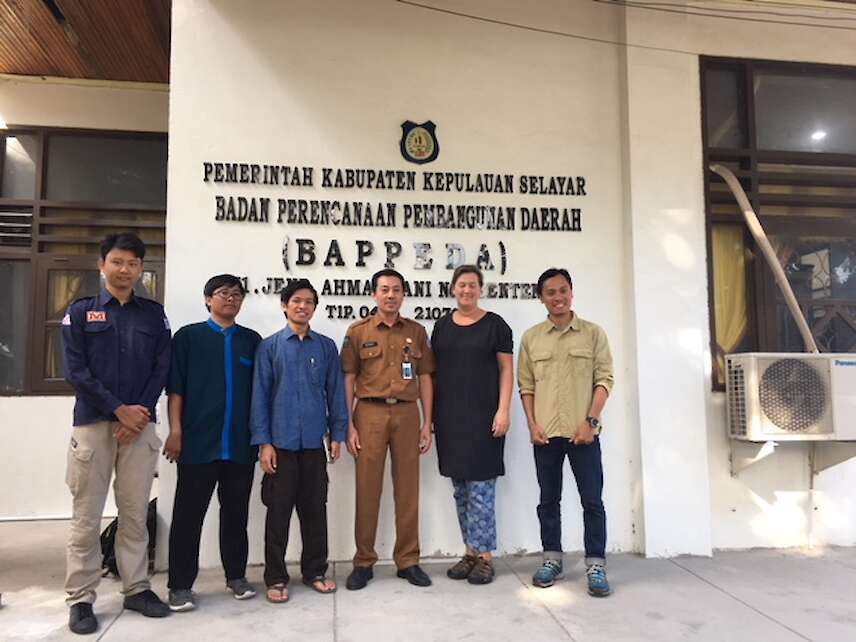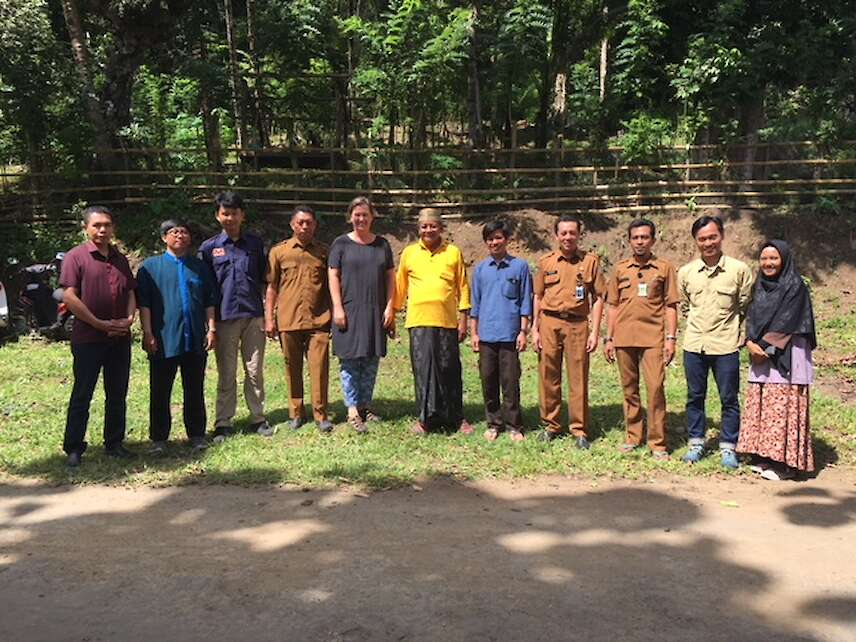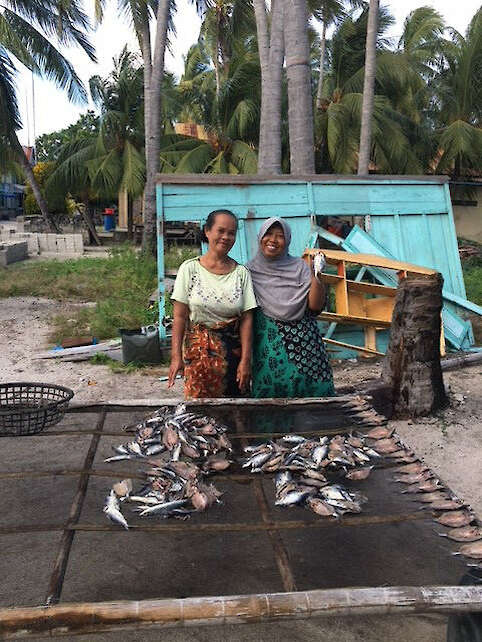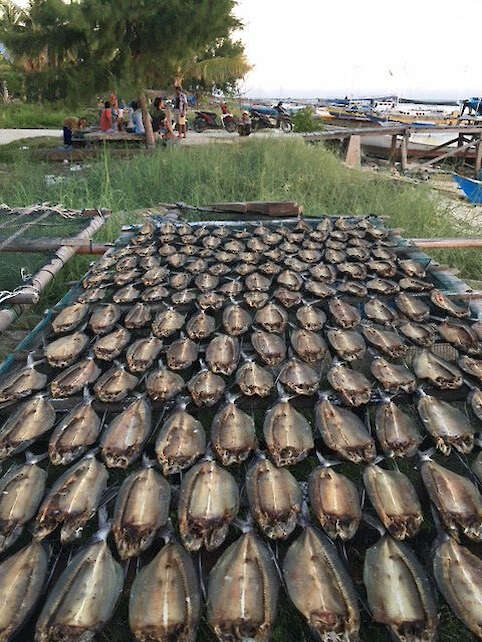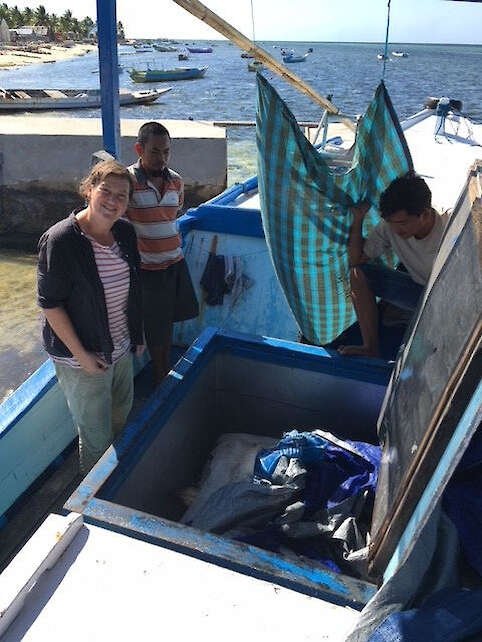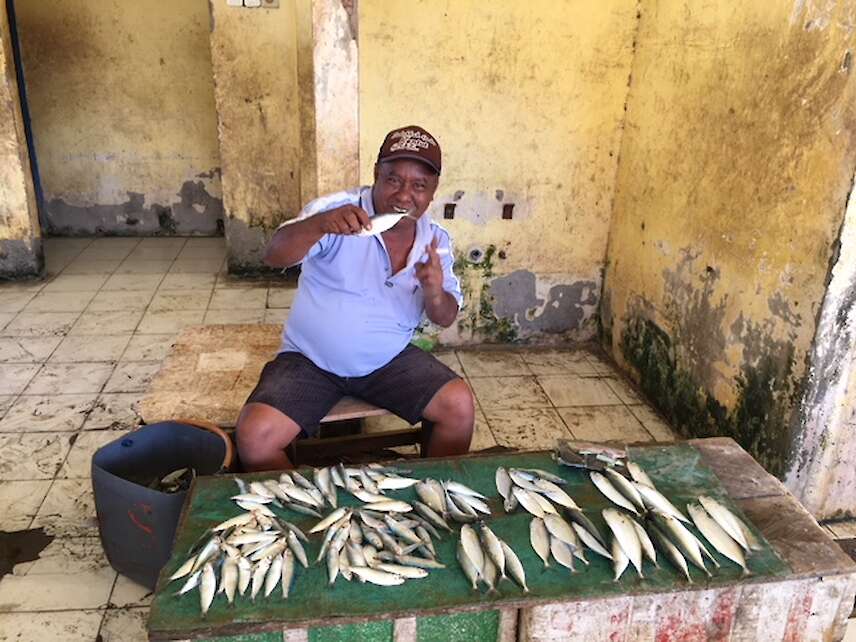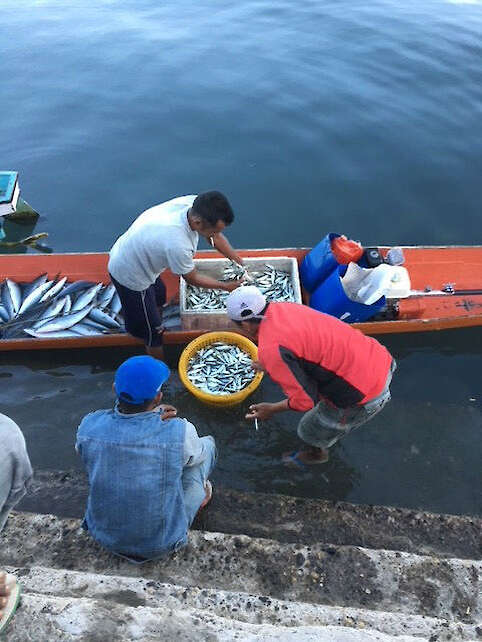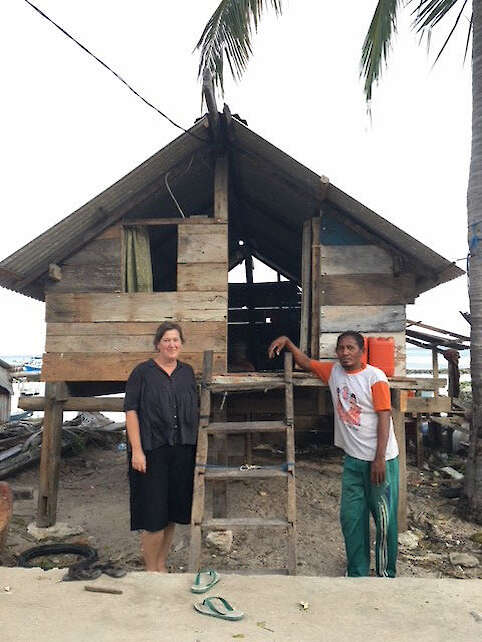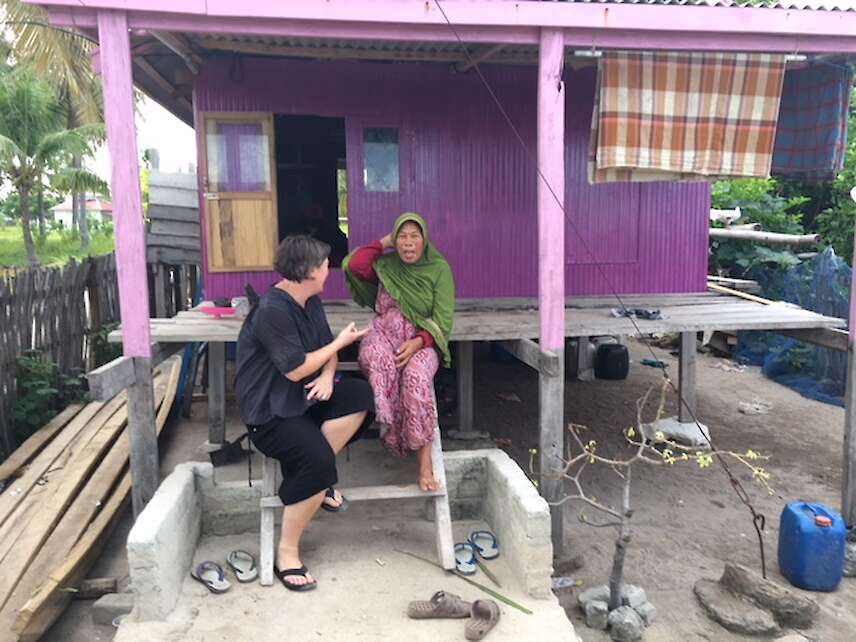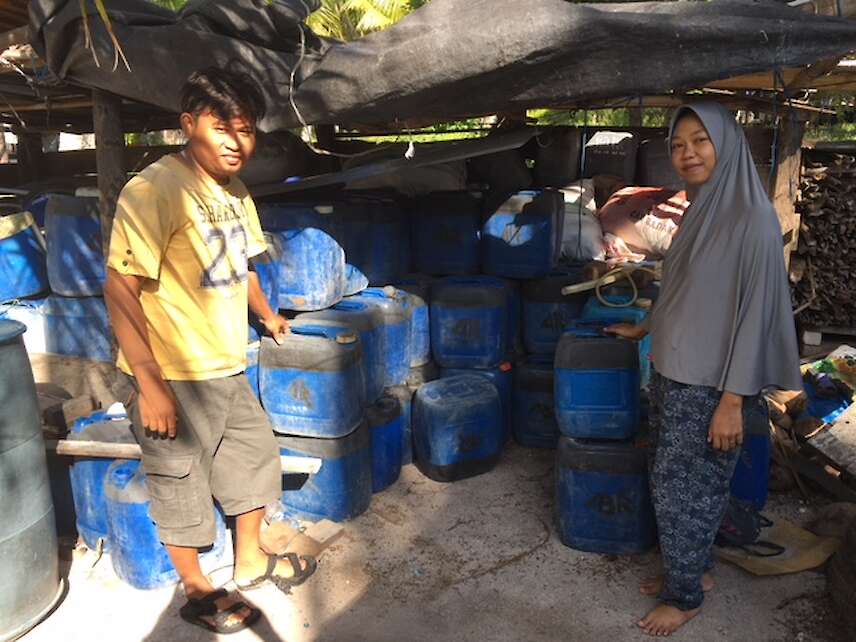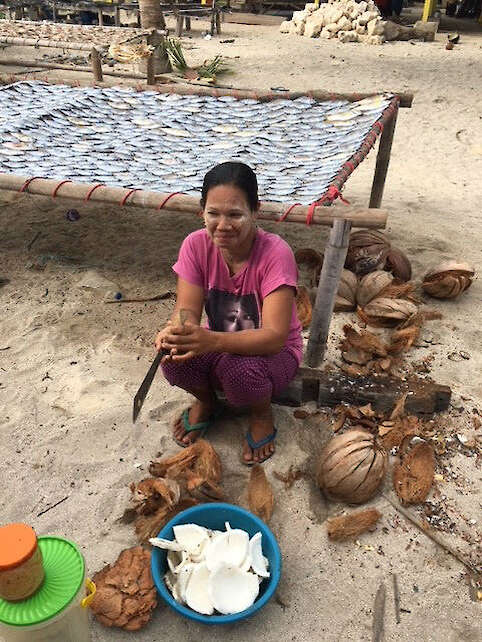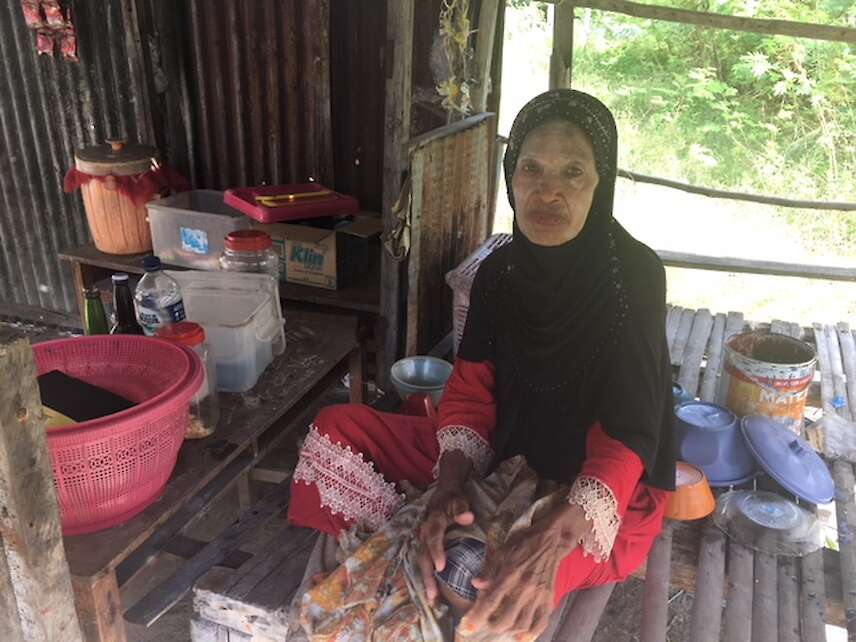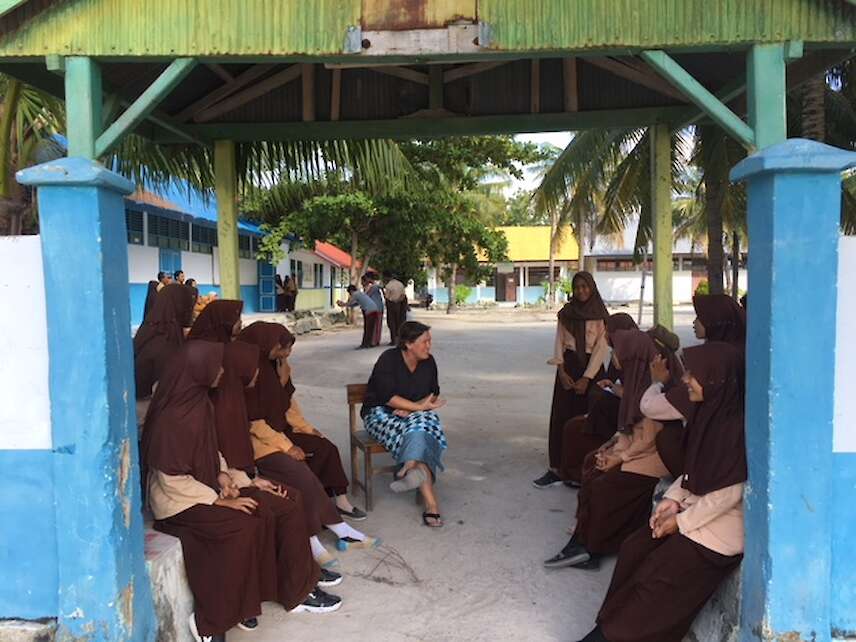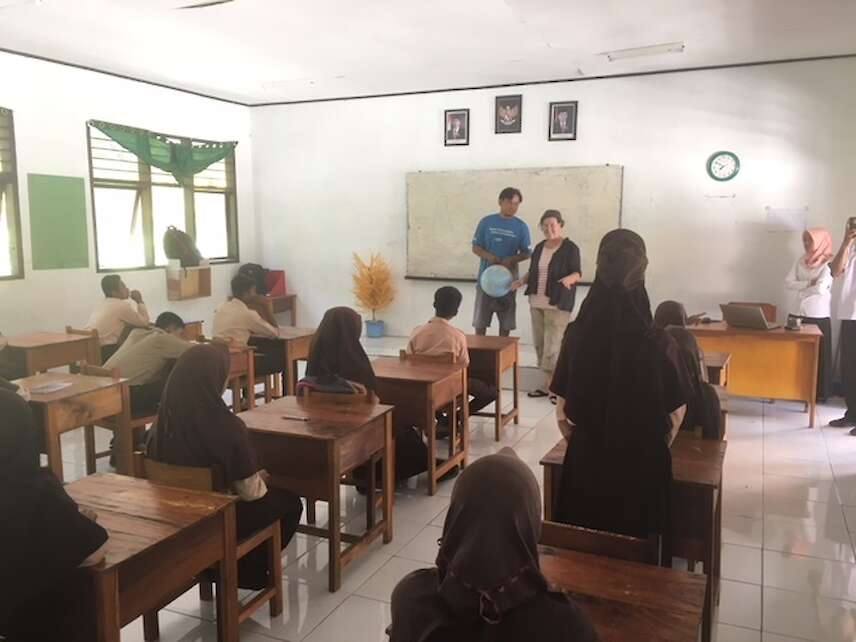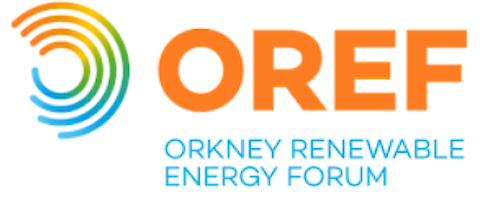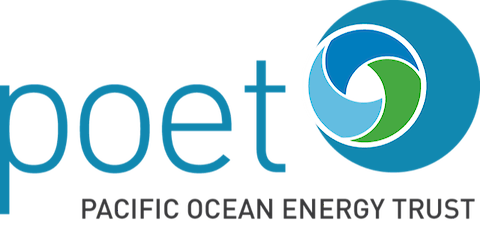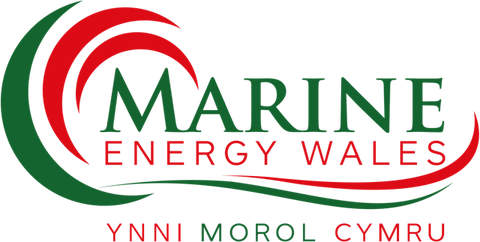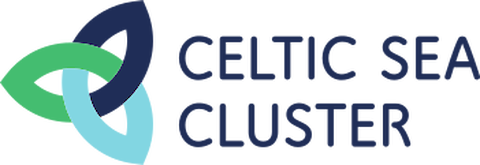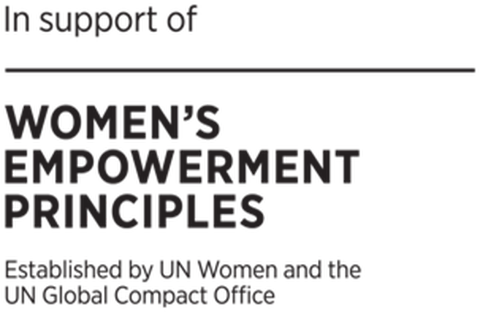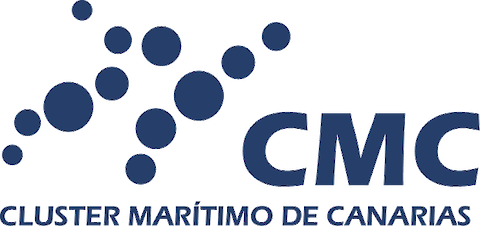Aquatera’s International Development Work
Stromness company, Aquatera, may be better known for its Marine Renewable Energy Development and Environmental Services. However, in recent years it has turned its attention to international community development with the aim of supporting small communities to be more sustainable.
Aquatera’s approach is to always work in partnership with local communities and supply chains. Its knowledgeable team provide expertise and recommendations for future development in some of the most remote and poorest parts of the world. The United Nations Sustainable Development Goals underpin Aquatera’s work in such locations.
In the last couple of months, Gaynor Jones (Director of Business & Sustainable Development) has been in Zambia in Africa and the remote islands of Takabonerate in Indonesia working on sustainable development projects. The work in Africa took her to some of the poorest villages in central Zambia where Aquatera is working with partners to turn waste into energy and to create local economic benefit.
Gaynor said, “The challenges facing the poorest, most vulnerable people in Zambia are huge. HIV, malaria, orphaned children, lack of money for food, no access to electricity are commonplace. I’ve seen first hand how our project of turning ‘waste to wealth’ has had a tangible benefit on families living in very difficult circumstances.”
“We have worked with partners to start up waste collection, often done by women and children. They receive payment for what they collect. The women involved in the project told me that they are now able to feed their children. They are usually looking after other children (orphans) in the family too. The waste they collect is turned into briquettes and biogas for fuel which is reused in the villages, which in turn reduces deforestation for charcoal production.”
She said, “These are small steps but create large benefits socially, economically and environmentally. Projects like this can be scaled up to achieve a bigger impact.”
Gaynor’s latest venture with Aquatera has been in Indonesia. She has just returned from the Takabonerate Biosphere Reserve. This archipelago of remote islands off South Sulawesi is 5 flights, two long boat trips and 8,000 miles away from home.
Aquatera is working with UNAS (Jakarta University) to do resource assessments to see whether solar, wind or tidal energy would be good solutions for this remote off-grid island group. Achsani Takwim, one of Aquatera’s Indonesian staff members, worked with the scientists to gather the data and Gaynor focused on the community engagement activity. She stayed in the tiny island of Rajuni within the Biosphere Reserve. She explained,
“I had the privilege of living with the Bugiss ethnic group on the island (which is smaller than Papay) for 6 days. They are a hard working fishing community who cite their main challenges as no fresh water source, lack of consistent electricity, no internet connectivity, limited phone communications, 1-2 boats per week depending on weather, no cold storage for their fish and waste management problems. Marine plastics are a real issue across the Biosphere Reserve and rubbish litters every shoreline. There’s no system in place to address this.”
“It’s been an amazing experience staying in Rajuni and visiting the surrounding islands. It’s a tropical paradise but behind the palm-fringed shores, real people live real lives. They carefully manage their limited resources. I have been staying with a lovely family who welcomed me into their basic home. They cook with fuel from coconut husks, they use seawater for washing and cooking and collect limited rainwater for drinking. They have some hours of solar power each night, which is shared across the community, and every family fishes. As is usual in island communities, the fishermen have a wealth of local knowledge about their local waters. There may be scope to develop some tidal current energy and floating solar for the islands. We will analyse our data from the project to seek the most suitable solutions.”
As well as looking at the natural resources and observing the underwater marine life, Gaynor talked to fishermen, women and children in the islands. She even attended a traditional Bugiss wedding.
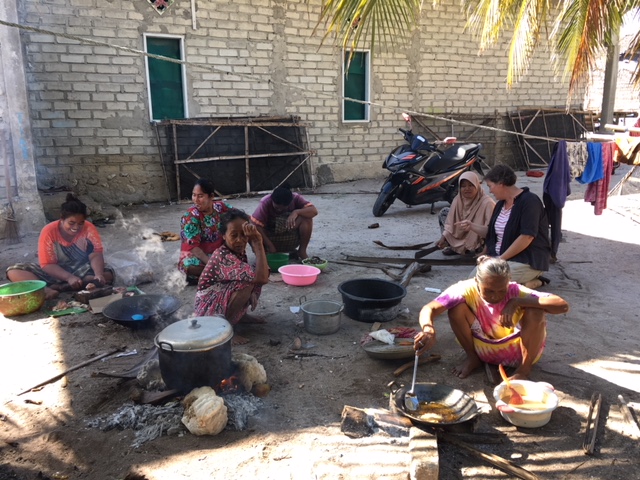
Gaynor spent a week with the Bugiss and Bajo ethnic groups in remote Rajuni island gathering socio economic data about the community. Their biggest issues were no fresh water supply, limited electricity and phone and no connectivity
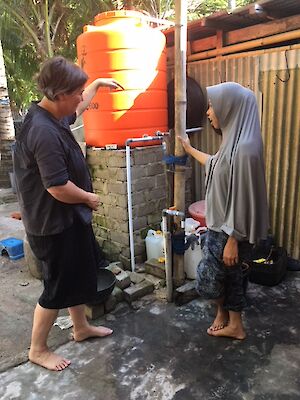
Rajuni islanders collecting rainwater for drinking. This is 1-2 year supply for Andi and Deela’s family
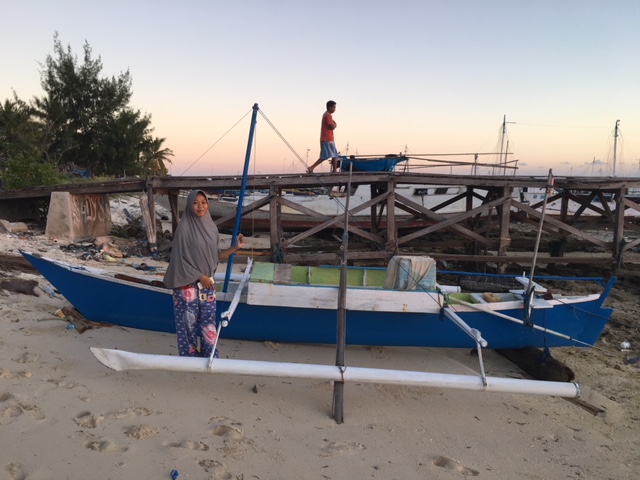
ENDS
Contacts:
Gaynor Jones gaynor.jones@aquatera.co.uk (Indonesia project)
Jennifer Fox jennifer.fox@aquatera.co.uk (Zambia project)
Photos:
More available on request
Note to Editors:
Aquatera plans to work with local partners to explore the possibility of Orkney achieving Biosphere Reserve status, which is part of UNESCO.

